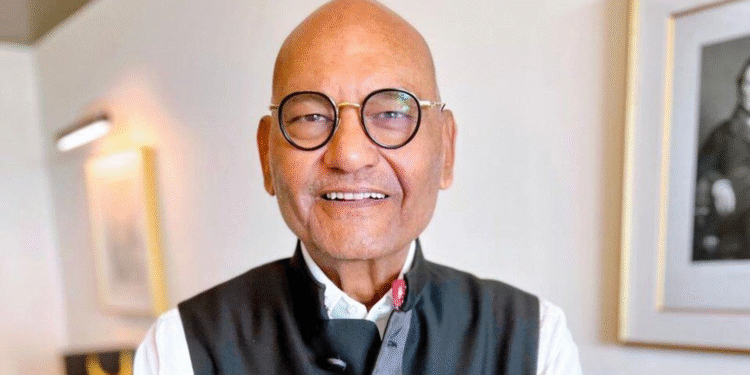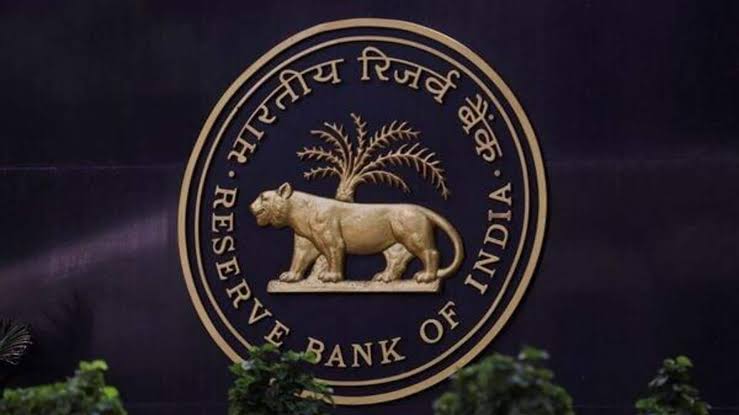Vedanta Chairman Anil Agarwal has spotlighted aluminium’s pivotal role amid escalating global trade tensions, urging India to capitalise on its vast bauxite reserves to emerge as the world’s aluminium capital.
In a recent LinkedIn post, Agarwal highlighted the strategic importance of aluminium and steel as key commodities in the trade war, particularly with the United States imposing a 25% tariff on metal imports from allies like Canada and Mexico, disrupting global markets.
India has responded by implementing a 12% safeguard duty on steel imports to shield its domestic industry—a move Agarwal praised, stating, “The government’s proactive step on steel is commendable. I am confident similar measures for aluminium will follow.” He emphasised aluminium’s edge over steel due to its lightweight, recyclable nature, making it indispensable for modern economies. From airports and railways to vehicles and smartphones, aluminium is a cornerstone of infrastructure and innovation.
Agarwal pointed out India’s unique position, with its substantial bauxite reserves placing it among global leaders like Australia, Guinea, and China. As tariff barriers redirect global trade flows, countries seeking alternative markets are likely to turn to India. “This is our moment,” Agarwal noted. “With robust policy support, India can not only strengthen its global standing but also build a thriving downstream aluminium industry, creating millions of jobs and driving economic growth.”
Vedanta Aluminium, a flagship division of Agarwal’s conglomerate, is already paving the way, investing heavily in state-of-the-art refining and smelting facilities. However, Agarwal stressed that government policies—such as safeguard duties, incentives for domestic production, and streamlined regulations—are critical to unlocking the sector’s full potential. “Our bauxite wealth is a strategic asset. Let’s leverage it to make India the aluminium hub of the world,” he urged.
The global trade war has heightened the stakes, with aluminium’s role in industries like aerospace, automotive, and renewable energy making it a metal of the future. Agarwal’s vision aligns with India’s broader economic goals of self-reliance and industrial growth. By fostering a supportive ecosystem, India could not only meet domestic demand but also become a leading exporter, reshaping global supply chains.
As trade dynamics evolve, Agarwal’s call to action underscores the urgency for India to act decisively. With its mineral wealth and industrial capabilities, the nation stands at a crossroads to redefine its role in the global metals landscape, driving innovation, sustainability, and prosperity for generations to come.




















